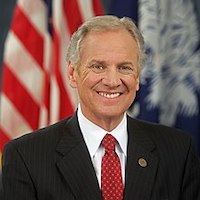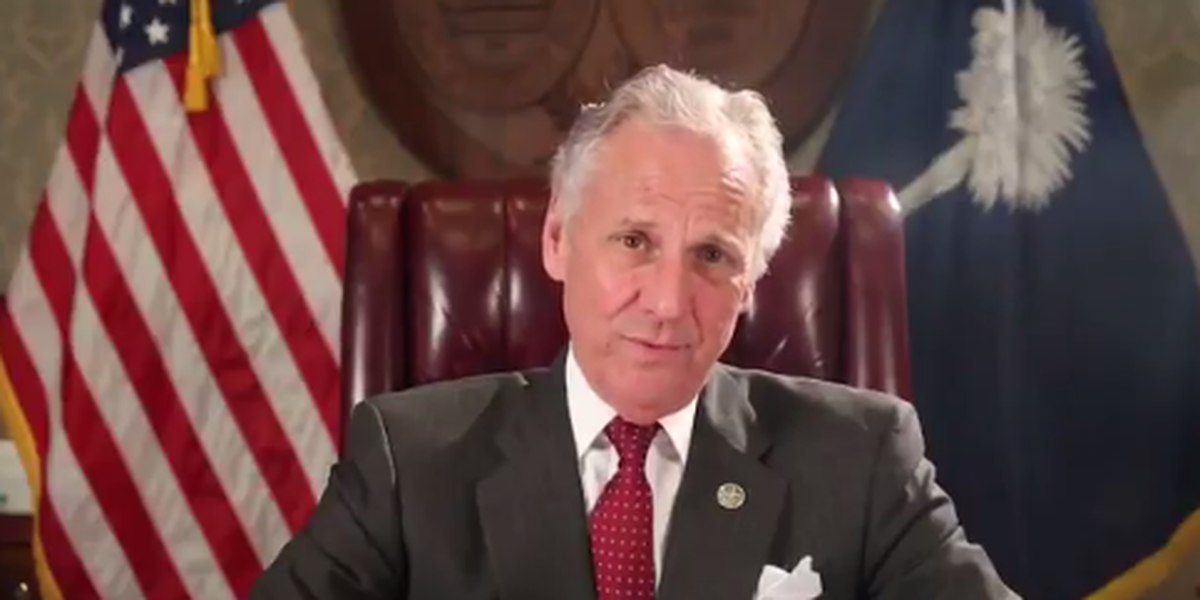
Washington, D.C., March 16 –While nationally 111,804 jobs were gained by people with disabilities, 6,977 people with disabilities left South Carolina’s workforce. South Carolina now ranks 45th in the nation for employment rates for people with disabilities. Out of the 376,889 working-age (18-64) South Carolina natives with disabilities, only 122,789 have jobs. The newly published 2018 Annual Disability Statistics Compendium shows South Carolina has a disability employment of only 32.6 percent for people with disabilities.
Further analysis by the nonpartisan advocacy group RespectAbility shows that the job losses in the past year come after more than 23,000 people with disabilities entered the Palmetto State’s workforce back in 2016.
Gov. Henry McMaster, who just won a full four-year term this past November, has previously expressed his desire to advance opportunities for his citizens with disabilities. “South Carolinians with disabilities have the same aspirations to competitively work and contribute to their communities as anyone else,” McMaster wrote in an October 2018 proclamation written in honor of Disability Employment Awareness Month. “All people are needed to reduce attitudinal and physical barriers that hinder the full acceptance of people with disabilities and their rightful place in employment.”
Former Congressman and current Chairman of RespectAbility Steve Bartlett echoes Gov. McMaster’s sentiments. “Our nation was founded on the principle that anyone who works hard should be able to get ahead in life,” he said. “People with disabilities deserve the opportunity to earn an income and achieve independence, just like anyone else.”
A National Issue
Beyond South Carolina, how is the workforce changing for people with disabilities? What is driving these changes? The answer is simple. According to Vincenzo Piscopo of the Coca-Cola Company: “People with disabilities bring a unique skill set that it is very valuable for companies.” He went on to add, “As it relates to employment and competitiveness in the workplace, we have to stop thinking of disability as a liability and start thinking of it as an asset.”
Brand-name companies such as JP Morgan Chase, Coca-Cola, Ernst & Young, IBM, Walgreen’s, Starbucks, CVS and Microsoft show people with disabilities are successful employees. These companies also know that these workers improve the bottom line. “People with disabilities bring unique characteristics and talents to the workplace,” saidRespectAbility President Jennifer Laszlo Mizrahi. “Hiring people with disabilities is a win-win-win for employers, people with disabilities and consumers alike.”
As more companies hire employees with disabilities, conversations are shifting to focus on inclusion. “Disability inclusion is no longer about automatic doors, curb cuts, ramps, and legislation,” says Jim Sinocchi, Head of the Office of Disability Inclusion at JP Morgan Chase. “Today, the new era of disability inclusion is about “assimilation” – hiring professionals with disabilities into the robust culture of the firm.”
According to the Census Bureau, there are more than 56 million Americans living with a disability. Disabilities include visible conditions such as spinal cord injuries, visual impairments or hearing loss and invisible disabilities such as learning disabilities, mental health or Autism.
An Election Issue
Voter research conducted by RespectAbility shows how disability issues connect to all aspects of American life. “Fully three-quarters of likely voters either have a disability themselves or have a family member or a close friend with disabilities,” said former Representative and Dallas Mayor Steve Bartlett. “People with disabilities are politically active swing voters, and candidates should take note of the important issues they care about.”
As 2019 moves into 2020 and the political campaign season heats up, continuing job growth for people with disabilities will be a crucial indicator of the health of the American economy.

Be First to Comment